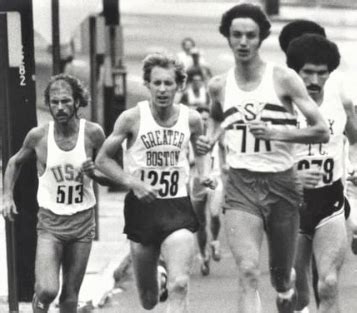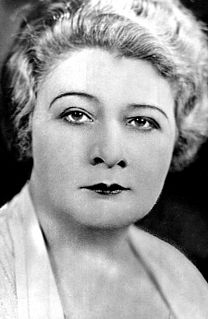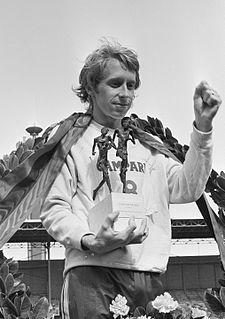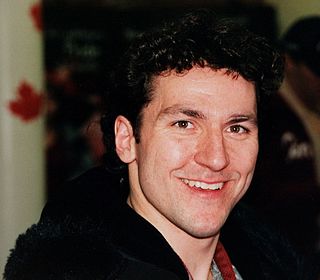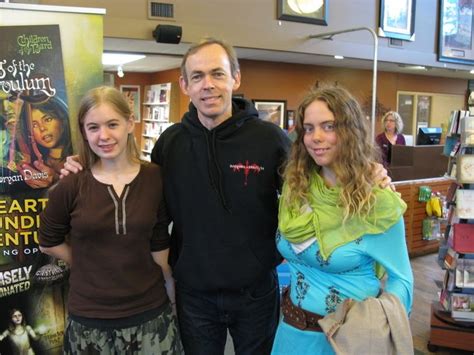A Quote by Don Kardong
In those long, lonely miles you put in during the off-season, and in those knife-in-the-gut repetitions and hill repeats that buckly your knees - at that moment in almost every race when you ask yourself how much you're willing to hurt to catch one more runner - you can draw strength and inspiration from your running mates.
Related Quotes
In those long, lonely miles you put in during the off-season, and in those knife-in-the-gut track repetitions and hill repeats that buckle your knees - at that moment in almost every race when you ask yourself how much you're willing to hurt to catch one more runner - you can draw strength and inspiration from your running mates.
I have an argument that to master any field, it's simple: it's a function of time. How much you devote yourself to the process, how much experience you get, how much you're willing to expand your limits, how willing you are to develop your own style. If you're willing to put 10,000 hours, something amazing is going to happen.
The most important lesson I think I could impart is don't let anyone determine what your horizons are going to be. You get to determine those yourself. The only limitations are whatever particular talents you happen to have and how hard you're willing to work. And if you let others define who you ought to be, or what you ought to be because they put you in a category, they see your race, they see your gender and they put you in a category. You shouldn't let that happen.
Once you start carrying your own suitcase, paying your own bills, running your own show, you've done something to yourself that makes you one of those women men like to call 'a pal' and 'a good sport,' the kind of woman they tell their troubles to. But you've cut yourself off from the orchids and the diamond bracelets, except those you buy yourself.
Your goal is simple: Finish. Experience your first race, don't race it. Your first race should be slightly longer or slightly faster than your normal run. Run your first race. Later you can race. You will be a hero just for finishing, so don't put pressure on yourself by announcing a time goal. Look at it this way: The slower you run the distance, the easier it will be to show off by improving your time the next race!
So who is better off, those who share love long enough to see which parts inevitably fade or those who lose their love when it is still pristine? I think each is lonely in a different place, though if you lose your love while it is still perfect you at least have a clear explanation for your grief, while if it gradually crumbles in your hands you do not.
We should all know this: that listening is not talking; [it] is the gifted and great role and the imaginative role. And the true listener is much more beloved, magnetic than the talker, and he is more effective, and learns more and does more good. And so try listening. Listen to your wife, your husband, your father, your mother, your children, your friends; to those who love you and those who don't, to those who bore you, to your enemies. It will work a small miracle. And perhaps a great one.
Don't get discouraged. As far as I'm concerned, a positive attitude is the most important attribute any runner can have. You'll need it often. Every runner has bad days, every runner has occasional injuries, and every runner eventually slows down (take it from someone who has slowed down a lot). But as long as you maintain a positive attitude, you'll find ways to overcome the obstacles and continue running. After all, running offers countless rewards. It's simply up to you to find the ones that have the most meaning for you.
